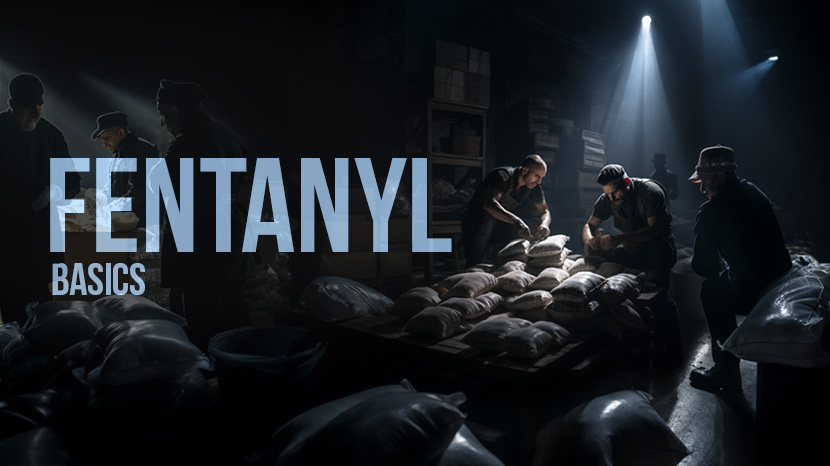10 Important Facts About Fentanyl
Fentanyl is a potent synthetic opioid that is significantly more powerful than morphine or heroin. It has gained significant attention in recent years due to its high potency and involvement in drug overdose deaths. This week we sat down with a specialist in the Texas response to this problem, Deborah Antich. Here is what she had to say.
To help summarize, here are 10 important things to know about fentanyl:
Fentanyl Potency:
Fentanyl is approximately 50 to 100 times more potent than morphine, meaning it can have a much stronger effect on the body even at lower doses. It is classified as a Schedule II controlled substance due to its high potential for abuse.
Fentanyl’s Medical use:
Fentanyl is primarily used in medical settings for managing severe pain, such as during surgery or for cancer patients with intense pain that cannot be relieved by other opioids.
Fentanyl Illicit production:
Fentanyl is also produced illicitly and sold on the black market. Illicitly manufactured fentanyl can be mixed with other drugs, such as heroin or cocaine, often without the user’s knowledge, increasing the risk of overdose.

Fentanyl Overdose risk:
Due to its high potency, fentanyl poses a significant risk of overdose. Even small amounts of fentanyl can cause respiratory depression and lead to death. Overdose symptoms include slowed breathing, loss of consciousness, and blue lips or fingertips.
Fentanyl Accidental exposure:
Fentanyl is dangerous not only for those who intentionally use it but also for individuals who may accidentally come into contact with it. Fentanyl can be absorbed through the skin or inhaled, and accidental exposure can lead to overdose or even death.
Using Naloxone for Fentanyl: (NARCAN)
Naloxone is an opioid overdose reversal medication that can be administered in emergency situations to counteract the effects of a fentanyl overdose. It is available as a nasal spray or injection and can save lives when administered promptly.
Fentanyl Law enforcement challenges:
The illicit production and distribution of fentanyl present significant challenges for law enforcement agencies. Its small size and high potency make it easier to smuggle and more difficult to detect during drug trafficking operations.
The Global impact of Fentanyl:
Fentanyl has had a significant impact on the global drug market. It has been linked to a rise in opioid-related deaths in many countries, including the United States and Canada. Its presence in illicit drugs has contributed to increased mortality rates.
Fentanyl in Counterfeit medications:
Fentanyl has been found in counterfeit prescription medications, particularly painkillers such as oxycodone. Counterfeit fentanyl-laced pills can be difficult to distinguish from genuine medications, increasing the risk of accidental overdose.

Fentanyl Harm reduction measures:
To address the fentanyl crisis, various harm reduction strategies are being implemented. These include increasing access to naloxone, providing safe injection sites, and promoting education and awareness about the risks associated with fentanyl use.
It is important to note that the information provided here is based on the knowledge available up until September 2021. The situation regarding fentanyl may evolve, and it is recommended to refer to updated sources for the most current information.
































































































